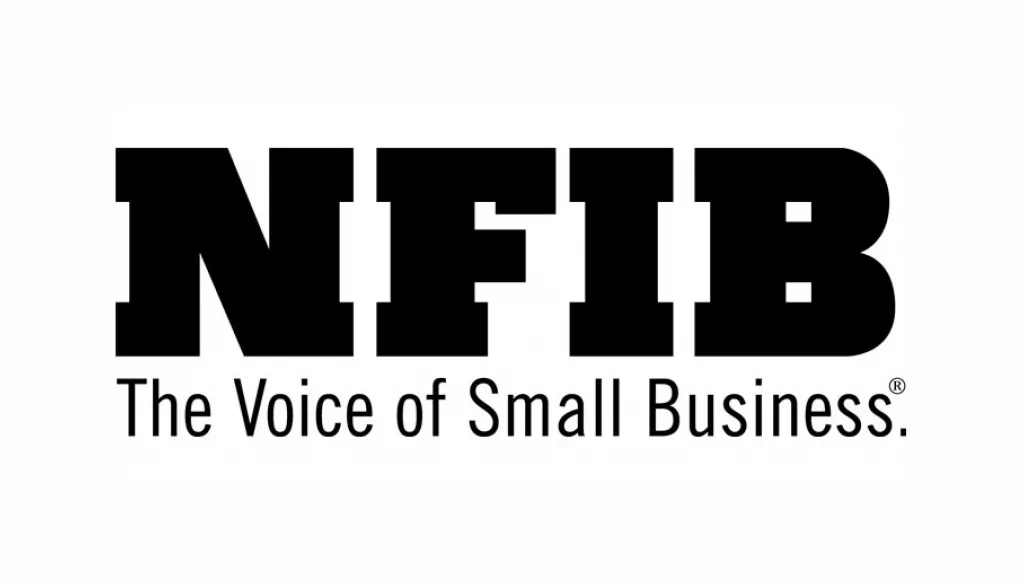The National Federation of Independent Business is a leading advocate for Small Business in Washington. As part of their effort, NFIB analyzes budget proposals from both parties. In this commentary, NFIB is critical of recently announced Biden Administration spending plans, which the group says amount to new taxes on small businesses.
Every year, the White House proposes a new federal budget request to drive tax and spending decisions in Congress. The Biden Administration released the Fiscal Year 2024 budget proposal last week, which includes tax increases that would further harm small businesses. Main Street already faces major challenges like inflation, supply chain disruptions, and worker shortages. Piling on additional taxes would make it more difficult for small businesses to hire, keep their doors open, and plan for the future.
“The small business economy is still recovering, and business outlook is near historic lows. The expanding list of tax increases included in the FY 2024 proposed budget would crush Main Street’s ability to grow and create jobs,” said Brad Close, NFIB President. “Certain tax increases are being wrongly characterized as a closing of a ‘loophole’ and would compound with other rate hikes. The combination would directly hit small businesses as they manage ongoing economic headwinds. Congress and the administration should instead focus on policies that will provide certainty and promote economic growth to allow small businesses to create jobs and raise wages.”
The budget reintroduces the Small Business Surtax, which proposes an additional tax on business income above $400,000. The Small Business Surtax is something that NFIB members fought against throughout 2022 and it was ultimately removed from the Inflation Reduction Act. The newly-proposed version would expand the tax increase rate further from 3.8% to 5%.
As Close stated, the budget also wrongly characterizes certain tax increases as closing a ‘loophole’ which would directly hit small businesses. Some claim that small business owners do not pay Medicare taxes, but all employers pay Medicare taxes in the form of payroll taxes on their employees’ wages and self-employment taxes on their own compensation. The new tax is based off the net investment income tax, which was deliberately only applied to investment income upon its creation in 2010.
The argument that this is just a tax on high-income individuals is also false. For businesses organized as pass-through entities like S corporations and partnerships, business income is included on a business owner’s individual IRS Form 1040. However, filing a Form 1040 as a business owner is different than filing a Form 1040 with your personal income from a W-2, 1099, or other typical income. Pass-through business income and profits reported on a Form 1040 often goes back into the business in order to operate, invest in employee benefits, hire in a tight labor market, expand a business, or save for future challenges like a recession.
NFIB released a Small Business Growth Agenda for the 118th Congress, which features feedback from NFIB small business members on key issues and highlights legislative priorities that would benefit small businesses. NFIB’s Growth Agenda includes specific pro-small business policy positions that warrant lawmakers’ consideration during this two-year session of Congress, this includes continuing to fight the White House’s proposed tax increases.






